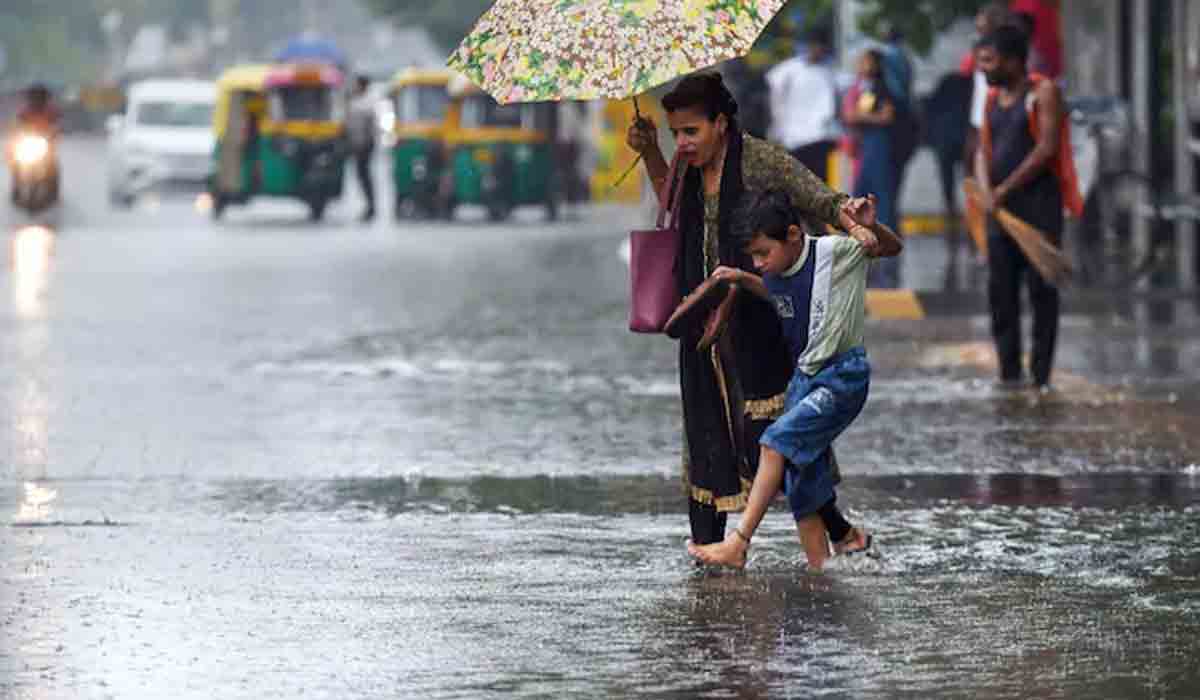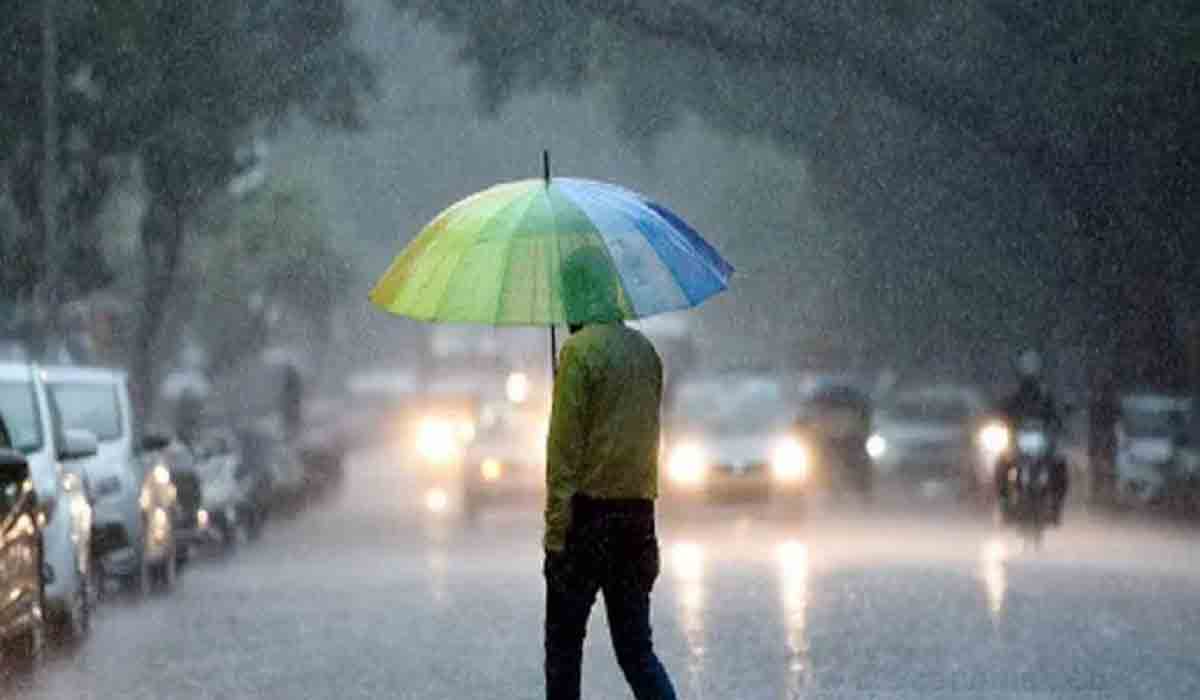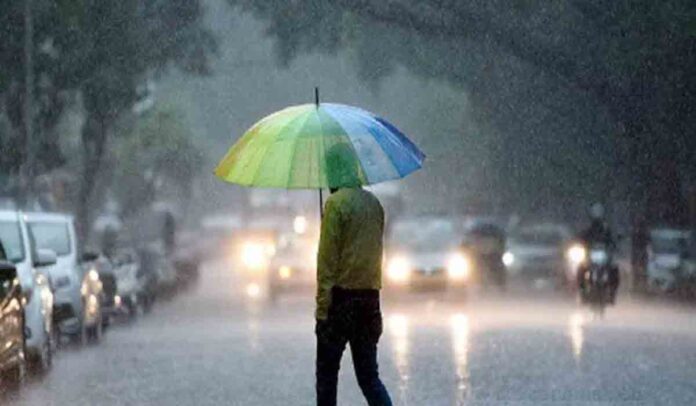Unseasonal Rainfall Raises Questions About Weather Patterns
Delhi, India – In a surprising turn of events, the capital city of Delhi experienced a fresh spell of showers yesterday, leaving residents both delighted and puzzled. The untimely rain has sparked discussions about whether it is a sign of the approaching monsoon season or a concerning indication of global warming’s impact on weather patterns.

Meteorologists and weather experts have been monitoring the changing climate conditions in the region. Typically, Delhi witnesses the onset of monsoon in late June or early July, with pre-monsoon showers occurring sporadically in the preceding weeks. However, this recent bout of rainfall has arrived earlier than expected, leaving many to wonder about the underlying factors at play.
Some experts suggest that the unexpected showers could be a sign of an early onset of the monsoon. They argue that weather patterns across the Indian subcontinent have become increasingly erratic in recent years due to climate change. Rising global temperatures and shifting weather patterns have led to alterations in the timing and intensity of monsoons, causing deviations from traditional weather expectations.
On the other hand, skeptics raise concerns about the potential role of global warming in the untimely showers. They argue that the abnormal weather patterns observed in Delhi and other regions around the world are indicative of climate change’s impact on the planet. According to this perspective, the early showers in Delhi could be a result of altered atmospheric conditions and disrupted precipitation cycles caused by human-induced climate change.

To gain a clearer understanding of the situation, meteorological departments and climate scientists are analyzing the rainfall data and comparing it with historical patterns. They aim to discern whether this event is an isolated occurrence or part of a larger trend.
In the meantime, the unseasonal showers have brought relief from scorching temperatures and provided respite to residents grappling with the sweltering heat. Farmers in the surrounding regions also welcome the rainfall, as it may benefit their crops and alleviate concerns about water scarcity in the upcoming summer months.
However, the debate surrounding the significance of these early showers continues. Understanding the causes and implications of such weather anomalies is crucial for policymakers and environmentalists in formulating effective strategies to address climate change and its effects.
As the monsoon season approaches, it remains to be seen whether Delhi’s early showers are an isolated event or a sign of a larger climate shift. The scientific community will closely monitor weather patterns and climate indicators to shed light on this intriguing phenomenon. Ultimately, the hope is that this event serves as a wake-up call, encouraging further research and proactive measures to mitigate the impacts of climate change and preserve our planet for future generations.






















